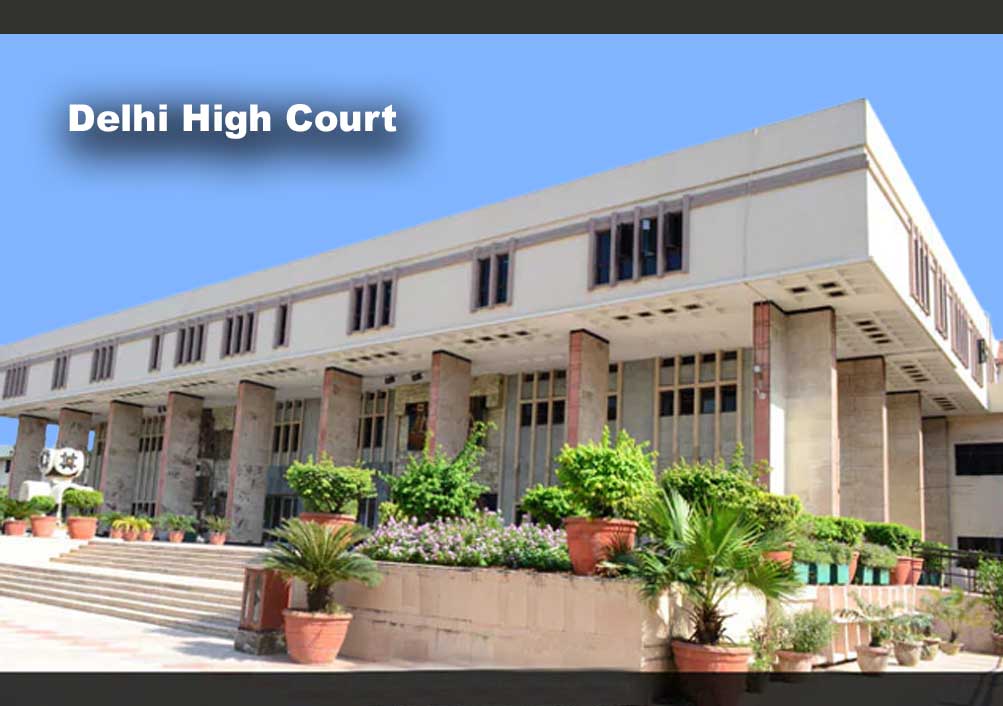In W.P. (C) 6613 of 2023- DEL HC- The authority issuing tender was the best judge to know requirements of tender and Courts cannot interfere with the decisions unless the decision was biased: Delhi High Court while dismissing plea claiming SAIL’s action of rejecting petitioner’s bid was arbitrary
Chief Justice Satish Chandra Sharma and Justice Subramonium Prasad [02-06-2023]

Read Order: Kalinga Commercial Corporation Limited v Steel Authority of India
Simran Singh
New Delhi, June 5, 2023: The Delhi High Court has dismissed a plea challenging the decision taken by the Steel Authority of India (SAIL) in rejecting the petitioner’s bid in respect of a tender stating that the petitioner had not been able to demonstrate as to how the decision arrived at by the tendering authority in rejecting the petitioner’s bid as not being compliant of Clause 3.28 and Clause 6.1.2 of the bid document, was perverse.
“The tender issuing authority cannot be asked to wait for an unlimited period awaiting an opinion which is sought to be procured by the tenderer. The tender has been evaluated by experts and this Court is not inclined to sit as an Appellate Authority over the Tender Evaluating Committee which has come to the conclusion that the bid of the Petitioner does not meet with the financial criteria.”
The Division Bench of Chief Justice Satish Chandra Sharma and Justice Subramonium Prasad stated that the law relating to interference by Courts in matters of tender were well settled. “The authority issuing the tender is the best person to know the requirements of the tender and the clauses contained therein. Courts can interfere with the decisions taken by the authorities issuing the tender only if the decision is arbitrary or perverse or intended to favour someone or is biased against the person whose bid is sought to be rejected.”
The issue for consideration was:
- Whether the action of SAIL in rejecting the bid of the petitioner on the ground that Net Worth of the petitioner was not in compliance with the eligibility criteria (financial) was correct or not?
- Whether it warrants interference by this Court while exercising its jurisdiction under Article 226 of the Constitution of India?
The Court navigates through clause 3.28 of the Bid which defined ‘Net Worth’ and clause 6.1.2 of the Bid document which provided the qualifying criteria (financial) of the NIT. The Bench referred to a Supreme Court case of Afcons Infrastructure Limited v. Nagpur Metro Rail Corporation Limited which had observed that Constitutional Courts must defer to the understanding and appreciation of the author of the tender documents unless there was malafide or perversity in the understanding or appreciation in application in the terms of the tender.
The Bench referred to another Supreme Court case of Silippi Constructions Contractors v. Union of India which had discussed the aspect of judicial intervention in matters of contract involving state instrumentalities and had held that the authority which floated the contract or tender, and had authored the tender documents was the best judge regarding interpretation of the same and any interference by the Court had to be for the purposes of preventing arbitrariness, irrationality, bias, malafide or perversity.
The Bench perused respondent's letter dated 11.03.2023 which showed that the net worth of the petitioner as calculated by the respondent by referring to audited financial statements of the petitioner for the FY 2021-22 showed that the net worth of the company was INR 393.73 crores. The respondent vide letter dated 10.04.2023 had sought clarification from the respondent pertaining to the consideration of deferred tax liability as part of net worth. The petitioner had replied to the same clarifying its stance by relying upon a report of its statutory auditor, a certificate from an independent chartered accountancy firm and a registered valuer in support of its treatment of deferred tax liability in computing net worth. The petitioner had also stated that they have sought an opinion from the ICAI regarding the same. However, vide the impugned letter, the respondent had rejected the bid of the petitioner.
“The purpose of calculating net worth should be primarily left with the tender issuing authority and the evaluating committee and the Court cannot dictate as to how the net worth should be calculated unless the decision is contrary to law.”
The Bench thus opined that it could not be said that the action of the respondent in not considering deferred tax liability as a part of net worth and rejecting the bid of the petitioner for not meeting the qualification criteria was so arbitrary that it would warrant interference by this Court under Article 226 of the Constitution of India. With these observations, the petition was dismissed.
Sign up for our weekly newsletter to stay up to date on our product, events featured blog, special offer and all of the exciting things that take place here at Legitquest.




Add a Comment